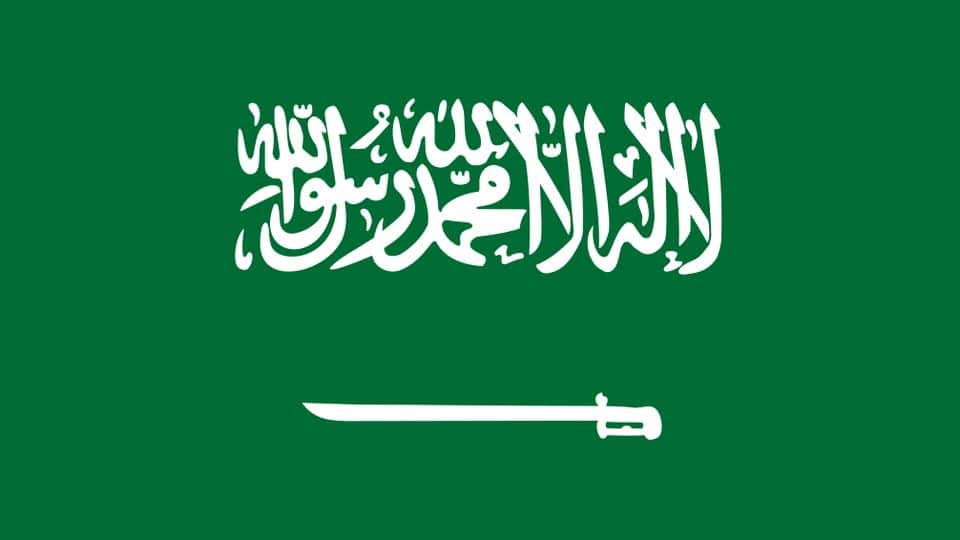
Saudi Arabia: Anti-corruption purge uncovers embezzlement of $100 billion
What's the story
Saudi Arabia's attorney general Sheikh Saud al-Mojeb has revealed that a whopping $100 billion had been embezzled and misused. Al-Mojeb said at least 201 individuals were being questioned for the embezzlement. "The evidence for this wrongdoing is very strong," he added. The detainees reportedly include senior royals and businessmen, although their exact identities remain unknown. This comes amid country's ongoing anti-corruption purge. Here's more.
05 Nov 2017
Several Saudi princes detained among dozens in new anti-corruption purge
On November 5, a newly constituted anti-corruption body in Saudi Arabia detained 11 princes, four sitting ministers, and dozens of former ministers. These detentions came a few hours after the new body, headed by Crown Prince Mohammad bin Salman, was formed by royal decree. The detainees were not named and it's unclear what they have been charged with.
Investigations
What the investigations revealed
Saudi broadcaster Al-Arabiya reported the detentions were the result of fresh investigations which had recently been launched into the 2009 Jeddah floods, and the 2012 outbreak of the Mers virus. Earlier, the heads of the Saudi Navy and National Guard were replaced in high-profile sackings without any official reason. Among those sacked was Prince Miteb bin Abdullah, son of the late King Abdullah.
Details
What did the attorney general reveal?
Al-Mojeb hinted that the anti-corruption committee "had a clear legal mandate" to move on to the next phase of investigations. He also said that "at least $100bn has been misused through systematic corruption and embezzlement over several decades." He asserted that the crackdown hadn't interfered with normal financial activities in the kingdom, save for the detainees whose personal accounts have been suspended.
Information
Mystery prevails over detainees' identities
Al-Mojeb conveyed that despite rampant speculation on identities of the detainees and the charges against them, personal details wouldn't be made public. He said this is to ensure that "the individuals continue to enjoy the full legal rights afforded to them under Saudi law."